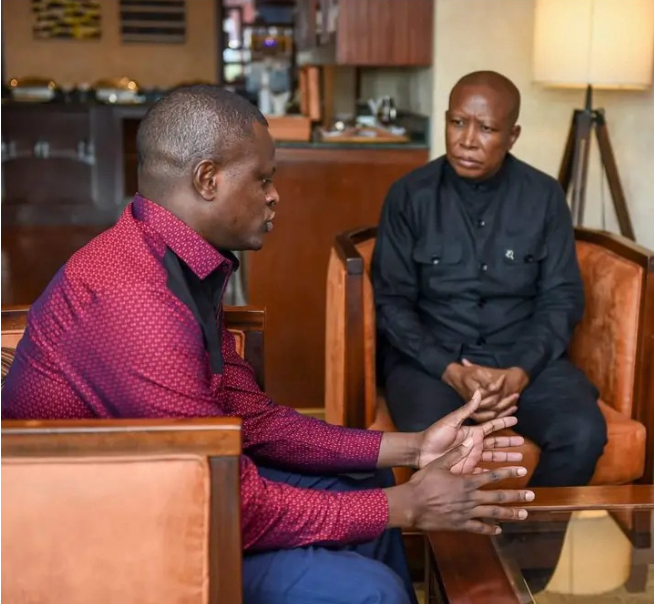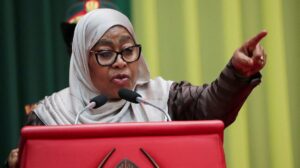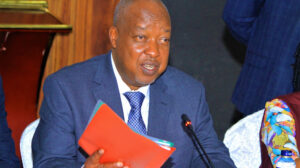South Africa’s general election has attracted significant global attention, with the African National Congress (ANC) party experiencing a historic decline in support.
For the first time since the end of apartheid, the ANC received less than 50% of the votes, a clear indication of shifting political dynamics in the country.The Economic Freedom Fighters (EFF) candidate, Julius Malema, has emerged as a significant figure in this election.
Known for his steadfast commitment to African dignity and economic freedom for Black South Africans, Malema has become a prominent voice against xenophobia.
Despite conceding defeat, there is speculation that he might be poised to become the Deputy President.Ndindi Nyoro, a notable commentator, weighed in on the political situation in South Africa through his Facebook page.
Nyoro suggested that with the ANC receiving less than half of the total votes, the party will likely need to form a coalition government to maintain power.
He indicated that Malema’s EFF could play a crucial role in this coalition, potentially positioning Malema as the Deputy President.Nyoro’s insights reflect the broader implications of South Africa’s political shift for the African continent.
He emphasized the interconnectedness of African nations, stating, “We are Africa and Africa is our business.” This perspective underscores the significance of South Africa’s election results beyond its borders, highlighting how changes in one African country can influence the political landscape across the continent.
Malema’s strong stance on economic freedom and anti-xenophobia has resonated with a substantial segment of the South African population.
His advocacy for the economic empowerment of Black South Africans and his vision for a more inclusive society have gained considerable support, indicating a potential shift in the country’s political priorities.
The ANC’s loss of majority control suggests a growing discontent with the status quo and a desire for new leadership and direction.
The need for a coalition government presents an opportunity for different political parties to collaborate and address the pressing issues facing South Africa. This development could lead to significant policy changes and reforms aimed at improving the lives of ordinary South Africans.
The election’s outcome also raises questions about the future of the ANC and its ability to adapt to the changing political landscape.
As the party seeks to form alliances and build a coalition, its leadership will need to navigate complex negotiations and compromises to ensure stable governance.
In summary, South Africa’s general election has marked a turning point in the nation’s political history. With the ANC receiving less than 50% of the votes and the potential for Julius Malema to become the Deputy President, the country stands on the brink of significant change.
The implications of this shift extend beyond South Africa, offering lessons and opportunities for political evolution across the African continent.
As the new government forms and begins its work, the world will be watching closely to see how South Africa navigates this transformative period.





















Add Comment